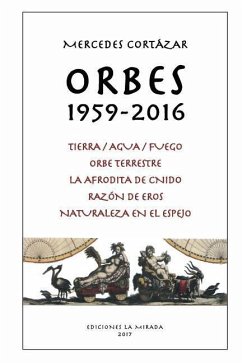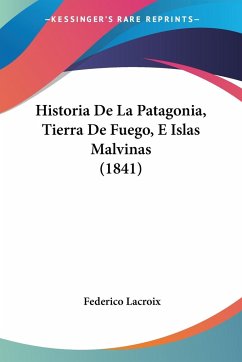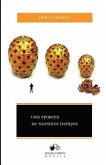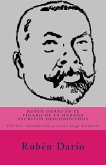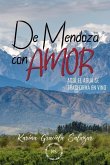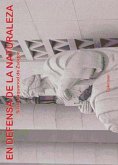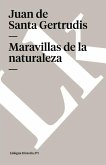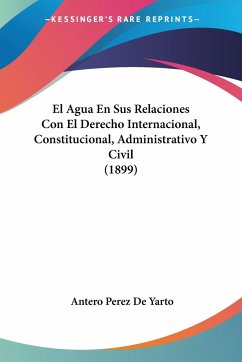"Orbes 1959-2016 es un poemario excepcional. Con intelecto diáfano y maestría verbal, Mecedes Cortázar crea aquí un complejo tapiz de sensaciones visuales, auditivas y táctiles. Ciudades y mapas sirven de marco a reflexiones poético-filosóficas sobre el ser y el sentir. No importa lo que esté describiendo, bien sea una multitud en confusión, un mapamundi antiguo, el cosmos de una naranja o Afrodita cabalgando, la poeta logra imprimir sus imágenes con gran destreza en nuestra memoria. Este es un libro de tonos variados y aguzadas alusiones vitales en el que con sabia mordacidad Mercedes logra un inusitado canto a la vida como una aventura desquiciada". Prof. Dra. Carlota Caulfield, Profesora de Español y Estudios Hispanoamericanos, Mills College, Oakland, California Orbes 1959-2016 contains the collected poetry of Mercedes Cortázar up to the time of publication. "Orbes 1959-2016 is an exceptional book of poems. With crystal clear intellect and verbal mastery, Mercedes Cortázar creates here a complex tapestry of visual, auditory and tactile sensations. Cities and maps are used as a framework for poetic-philosophical reflections about being and feeling. It does not matter what is being described, a crowd in confusion, an old mappa mundi, the cosmos in an orange, or Aphrodite riding the waves, the poet is able to imprint her images with great dexterity in our memory. This is a book of various and sharp, vital allusions, in which with wise and biting wit Mercedes succeeds in creating a chant to "life as an unhinged adventure." --Carlota Caufield Professor of Spanish and Spanish American Studies W. M. Keck Professor in Creative Writing Mills College, Oakland, California This is the most chilling and distressing statement in Cuban poetry posterior to 1959 with respect to the tangle of negativities and dispersions faced by a nation that has not been possible in its totality. Compiled here are more than fifty years of a poetic oeuvre up to the present time, dispersed in a multitude of publications or, in the most lamentable of cases, unpublished, of one of the most vigorous voices in Cuban poetry. Orbes 1959-2016 represents a will power of poetic justice and literary archaeology that is an essential contribution not only to the work of the poet, but also to that of the Cuban literary community in exile, of the Latinos residing in the United States, and lastly to the study of postrevolutionary Cuban literature. --Alberto Abreu Arcia, literary critic and author of Short Story Writers of El Puente and Silences in the Cuban Narrative Canon; For a Black Cuba: Literature, Race and Modernity in the Nineteenth Century; and other titles key to understanding the evolution of post-revolutionary Cuba
Hinweis: Dieser Artikel kann nur an eine deutsche Lieferadresse ausgeliefert werden.
Hinweis: Dieser Artikel kann nur an eine deutsche Lieferadresse ausgeliefert werden.

